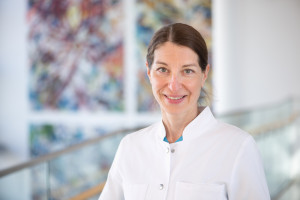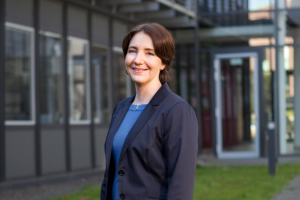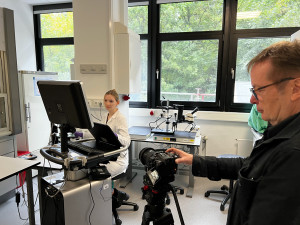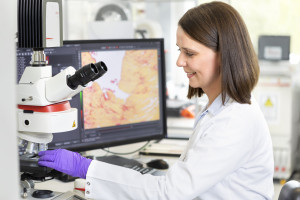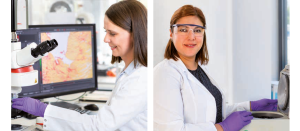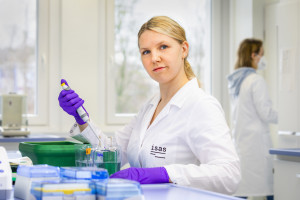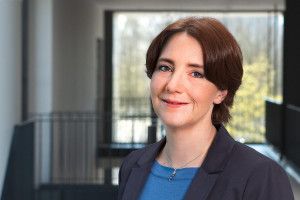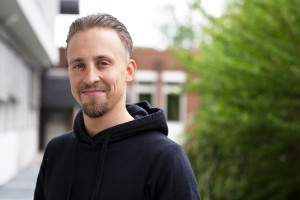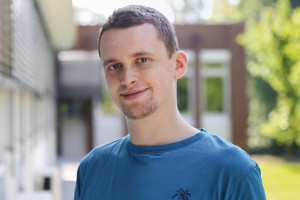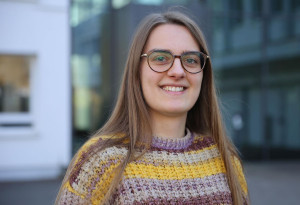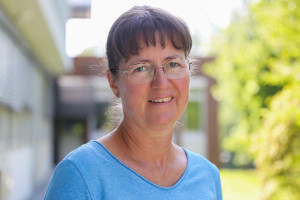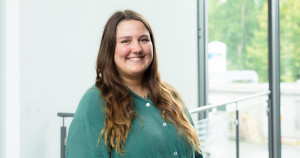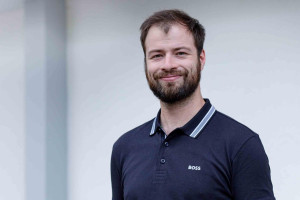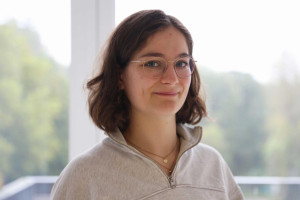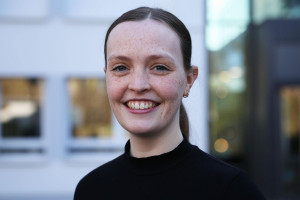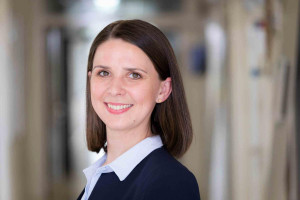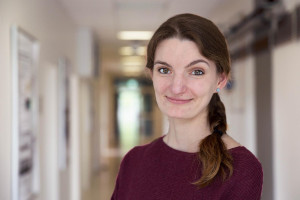The objective of the Cardiovascular Pharmacology research group is to identify molecular key signals for cardiovascular diseases. The work focuses, among other things, on cardiac insufficiency (heart failure) and cardiac hypertrophy (thickened heart muscle). To take action to counter the high mortality risk and the great prevalence of these cardiac diseases, it is important to diagnose them at an early stage and to exert a positive influence on the course of the disease. To do so, however, precise information on the molecular causes of the disorders is required.
In the case of increased load, for example from high blood pressure, the heart reacts with increased growth of the heart muscle. By reacting in this way, the heart is initially able to withstand the load and, up to a certain point, to increase its capacity in a healthy manner. But sooner or later a point is reached at which the process turns negative: when the load is constantly too high and the heart muscle’s growth becomes excessive, heart muscle cells start dying, the heart becomes scarred and incurs long-term damage.
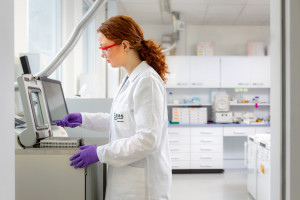
© ISAS / Hannes Woidich
Molecular fingerprint of cardiovascular diseases
Physiologically, these harmful processes are well documented, but at a molecular level it is largely unclear what exactly happens in the cells – and how cardiac insufficiency or cardiac hypertrophy could be stopped. The research group’s scientists have already succeeded in identifying the first potential targets for pharmaceutical treatments: for example, the extracellular regulated kinases (ERK) 1 and 2 play a role in the emergence of pathological cardiac hypertrophy. A change in the distance between these two enzymes leads to a biochemical change in the body that may trigger abnormal heart growth. The researchers identified a protein sequence that can keep ERK1 and ERK2 literally at a distance.
ERK1 and ERK2 also play a role in arteriosclerosis (vascular calcifications) and cancer. This means the researchers’ findings on the two enzymes also provide important information relating to these disorders.
Furthermore, the scientists are searching for a mechanism that brings about positive inotropy, for example increased pumping performance of the heart, but without permanently damaging the heart muscle. This signal pathway could also give rise to a therapeutic strategy for the treatment of cardiac insufficiency. With a view to explaining this and other regulatory mechanisms in healthy and diseased hearts, and in order to understand cardiotoxic mechanisms of, for example, cancer medications, the researchers are working with purified proteins, cell lines, primary cells, tissues, murine models for various forms of cardiac insufficiency as well as a range of molecular biological and biochemical methods.

